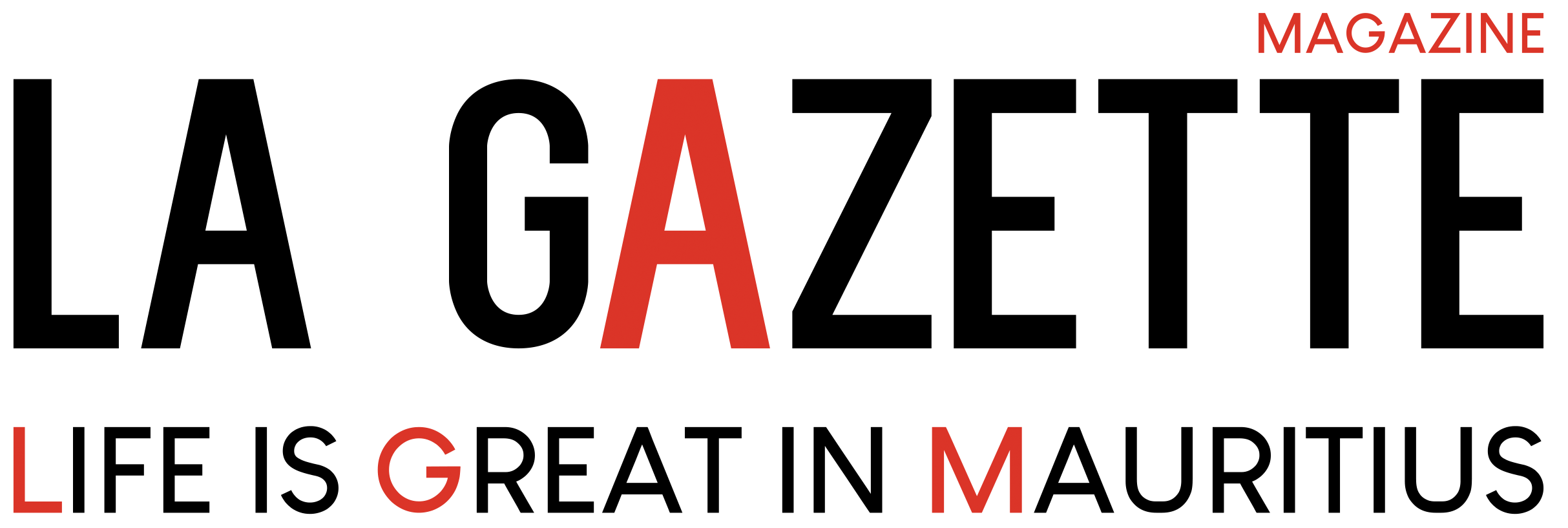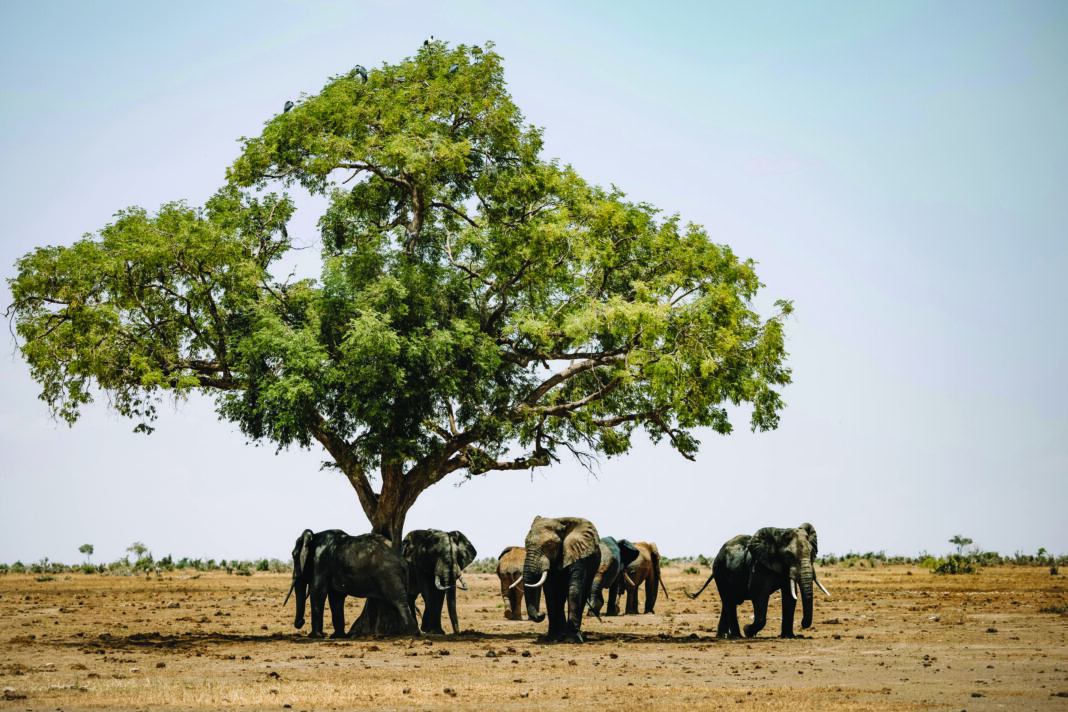The turquoise waters around Mauritius are a metaphor for the contemporary challenge of reconciling environmental preservation and economic growth. Our Indian Ocean island, populated by barely more than one million souls, currently occupies an intermediate position both ecologically and economically. Jean Jacques André
Like many emerging nations, the country faces a crucial question: does financial prosperity necessarily imply an ecological sacrifice? Analyses suggest the contrary. However, identifying the ideal trajectory requires grasping the complex interweaving between natural wealth, governance, and financial structures—this "resource paradox" that determines whether a territory's natural heritage becomes an asset or a burden.
While Canada remains the only country achieving excellence in both environmental and financial domains, the Mauritian state can draw inspiration from closer examples. Several African nations have charted successful paths in ecology, despite various commercial
obstacles.
Zambia perhaps constitutes the most eloquent case study. Despite its dependence on copper mining operations, the region displays remarkable green performance while maintaining commercial vigor superior to that of the island. Its strategy of creating vast protected sanctuaries, coupled with meticulous management of mineral extraction, offers a model of harmonious development. Despite the challenges of progress, Kenya and Uganda present another convincing approach, maintaining excellence in nature protection. The Kenyan territory focuses on technological innovation and renewable energy diversification, demonstrating how certain countries can break free from traditional stages of growth.
But the most relevant lessons for the Mauritian republic emanate from another island ensemble, where ancestral practices and modern conservation approaches combine. In our next installment, we will explore how the Fijian illustration offers Mauritius a roadmap transforming natural constraints into prosperity opportunities.








